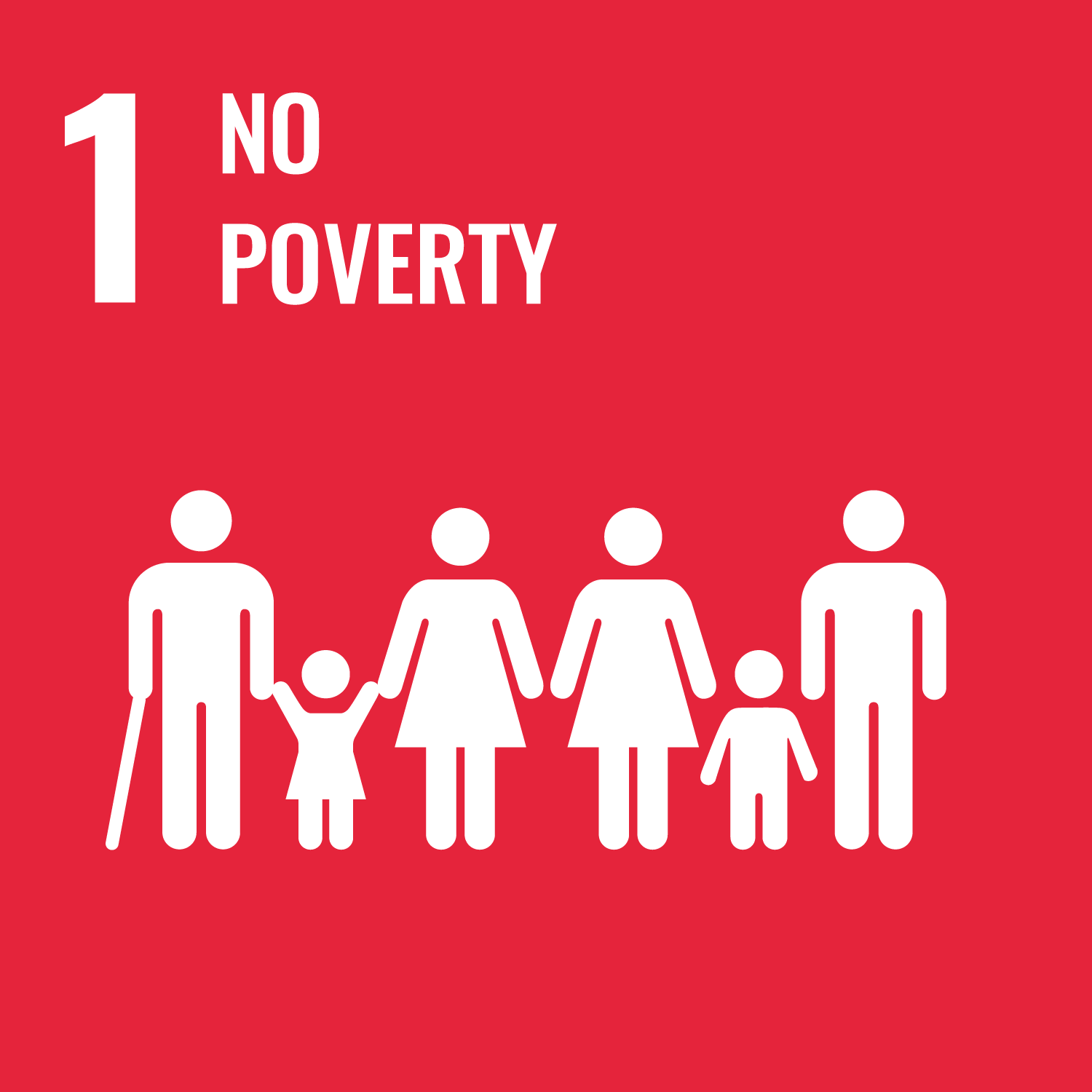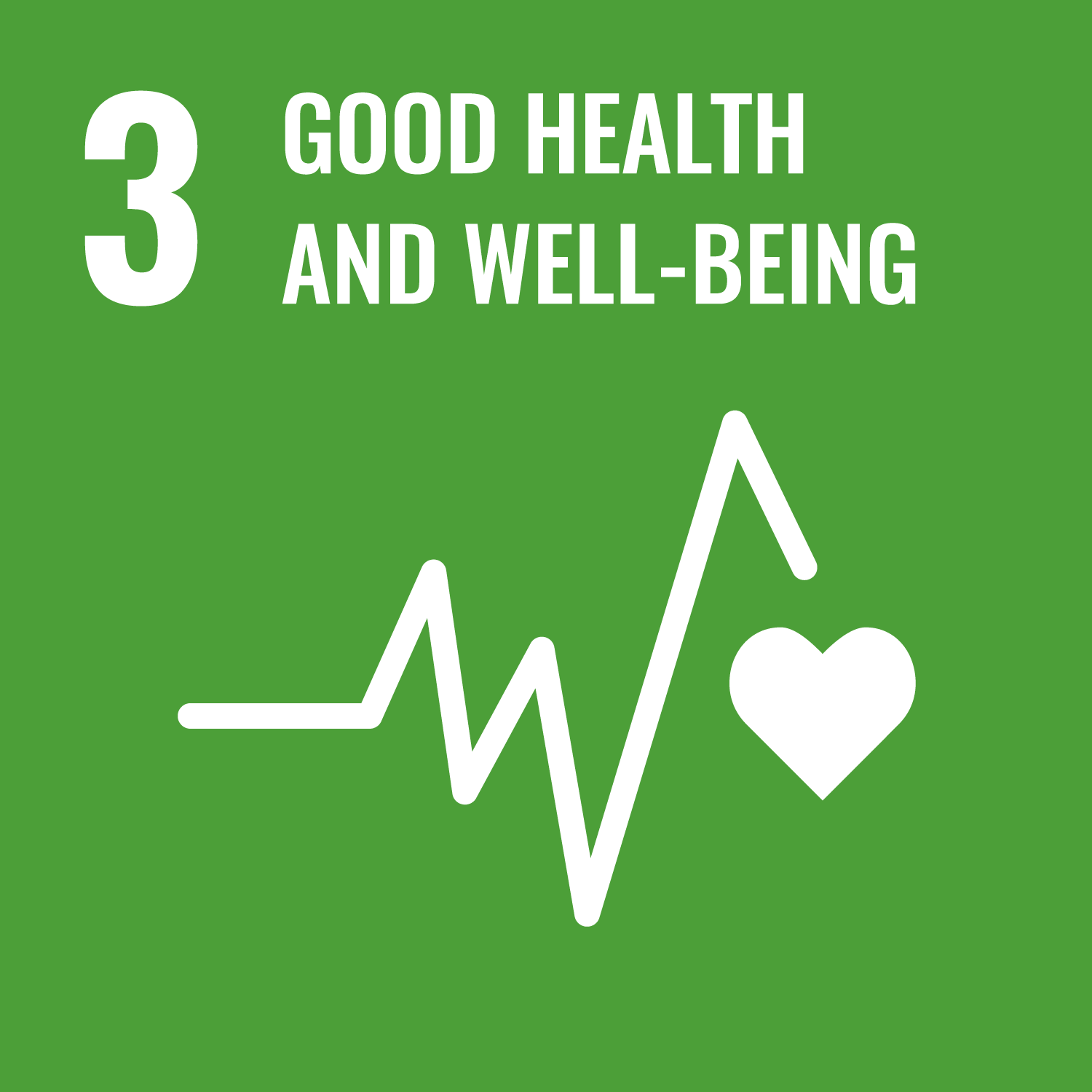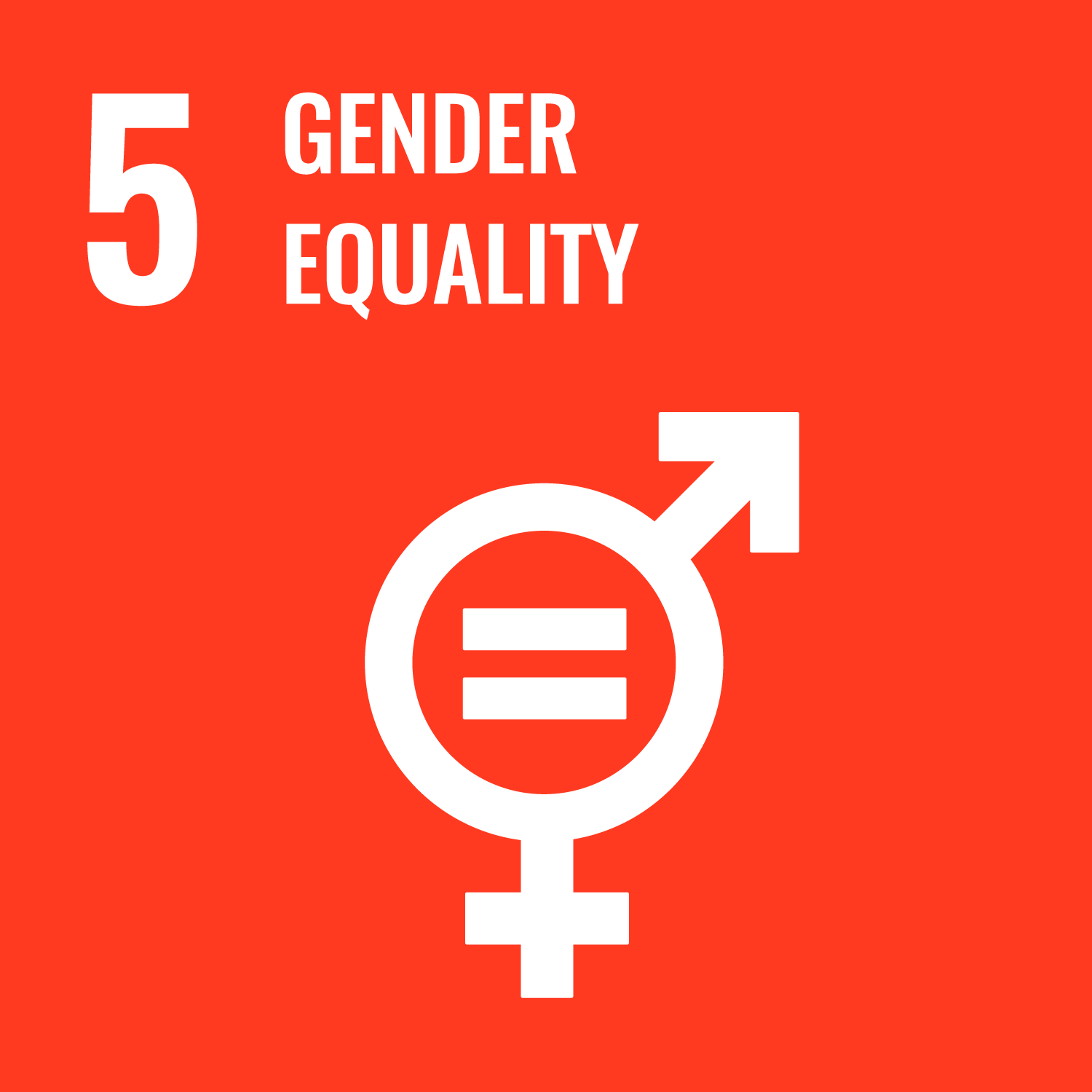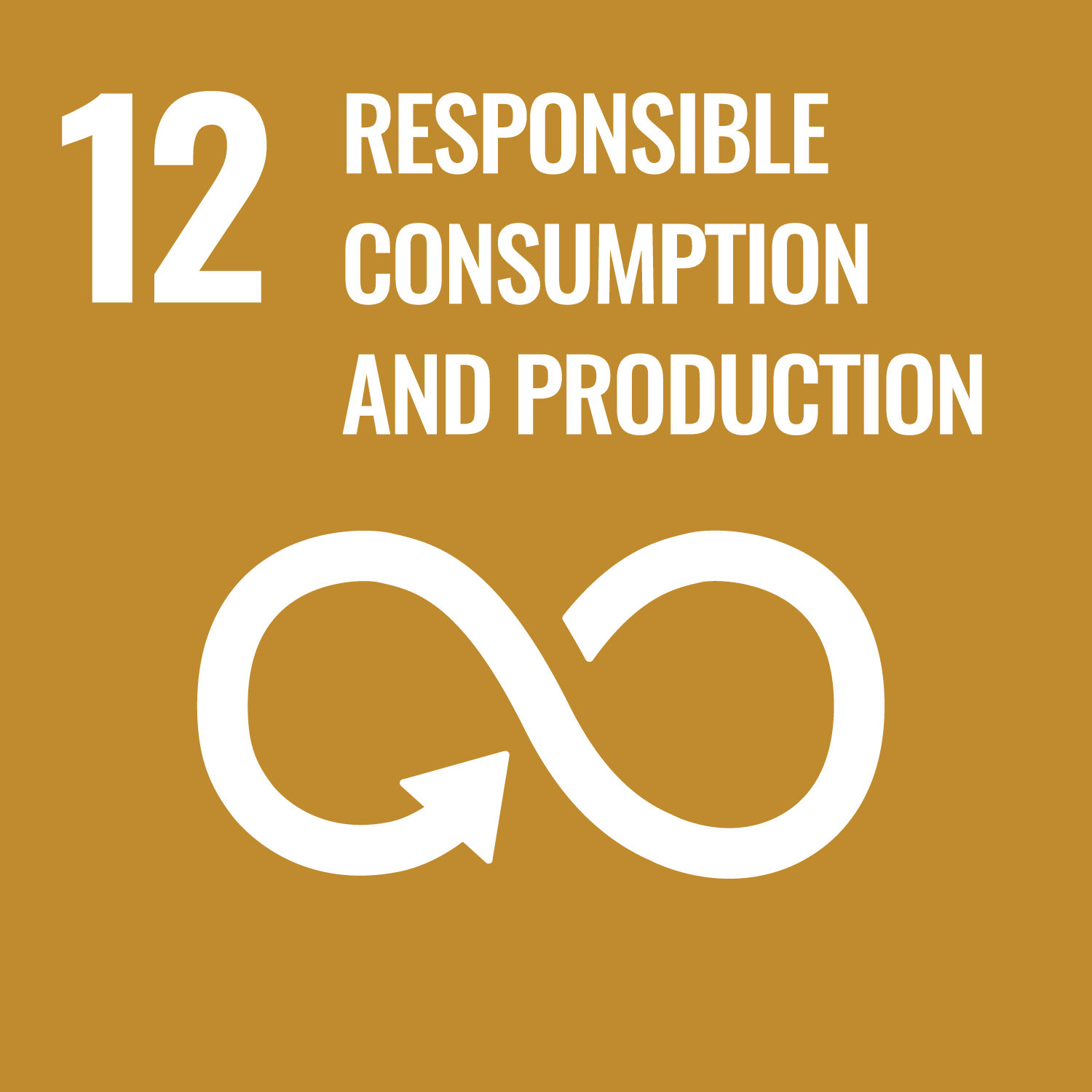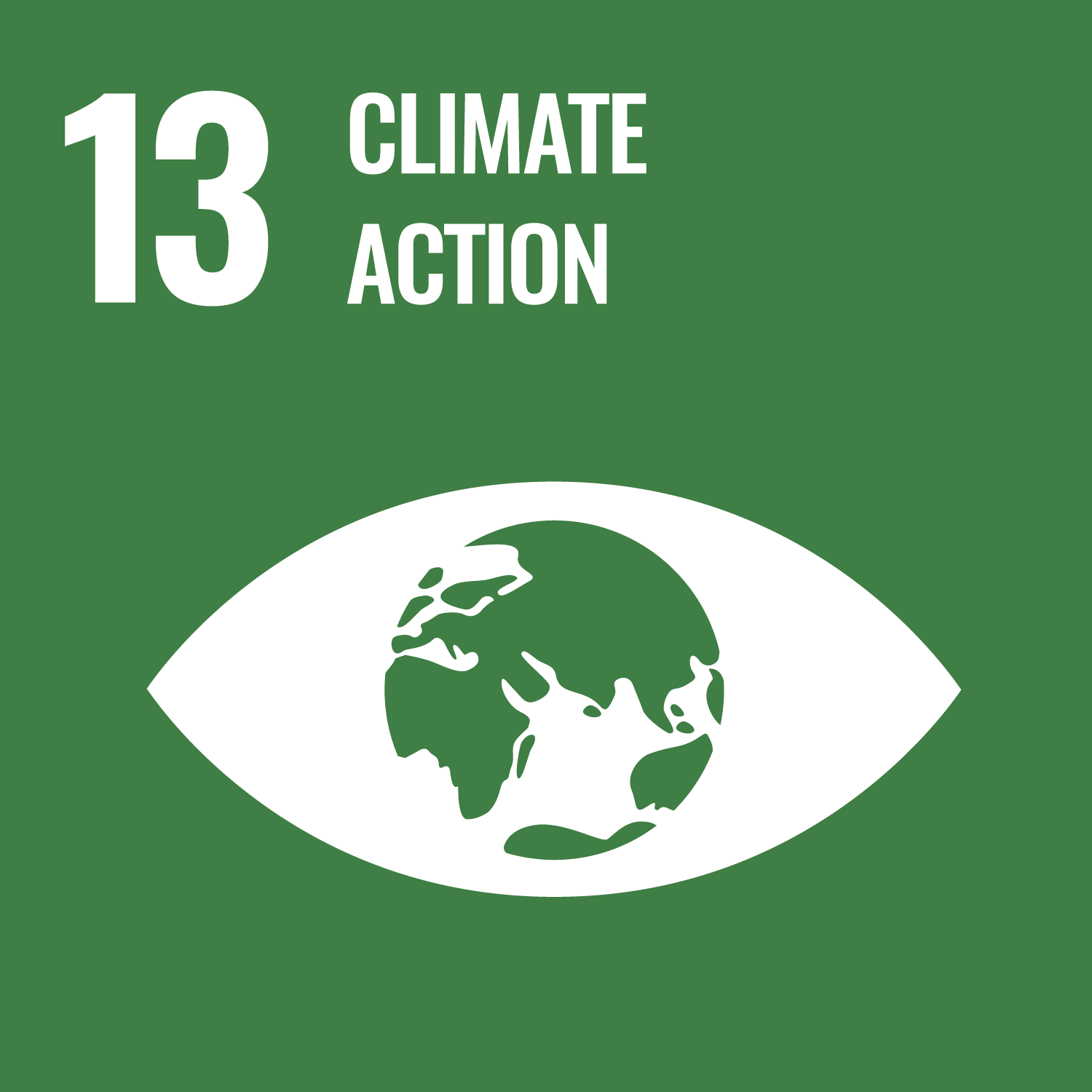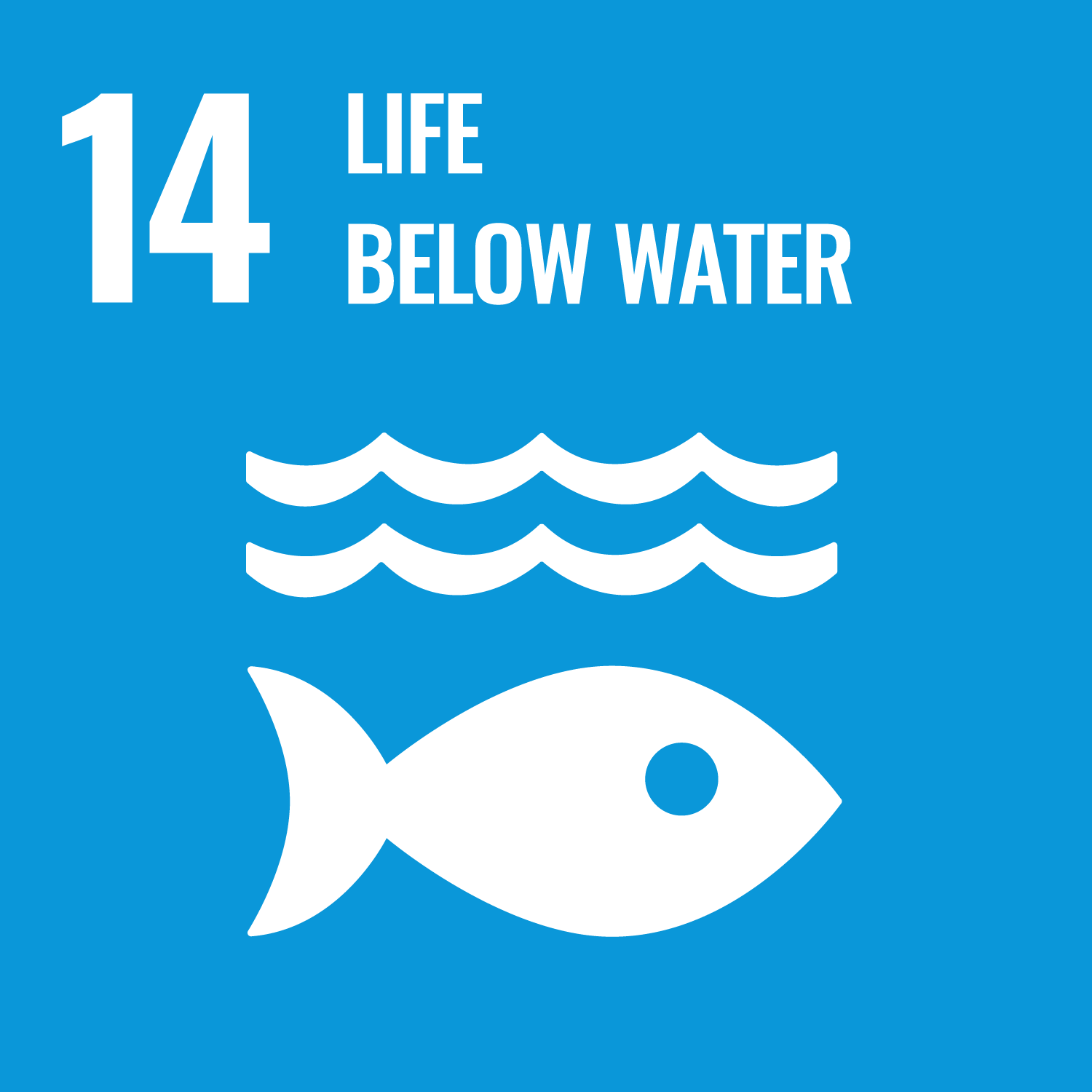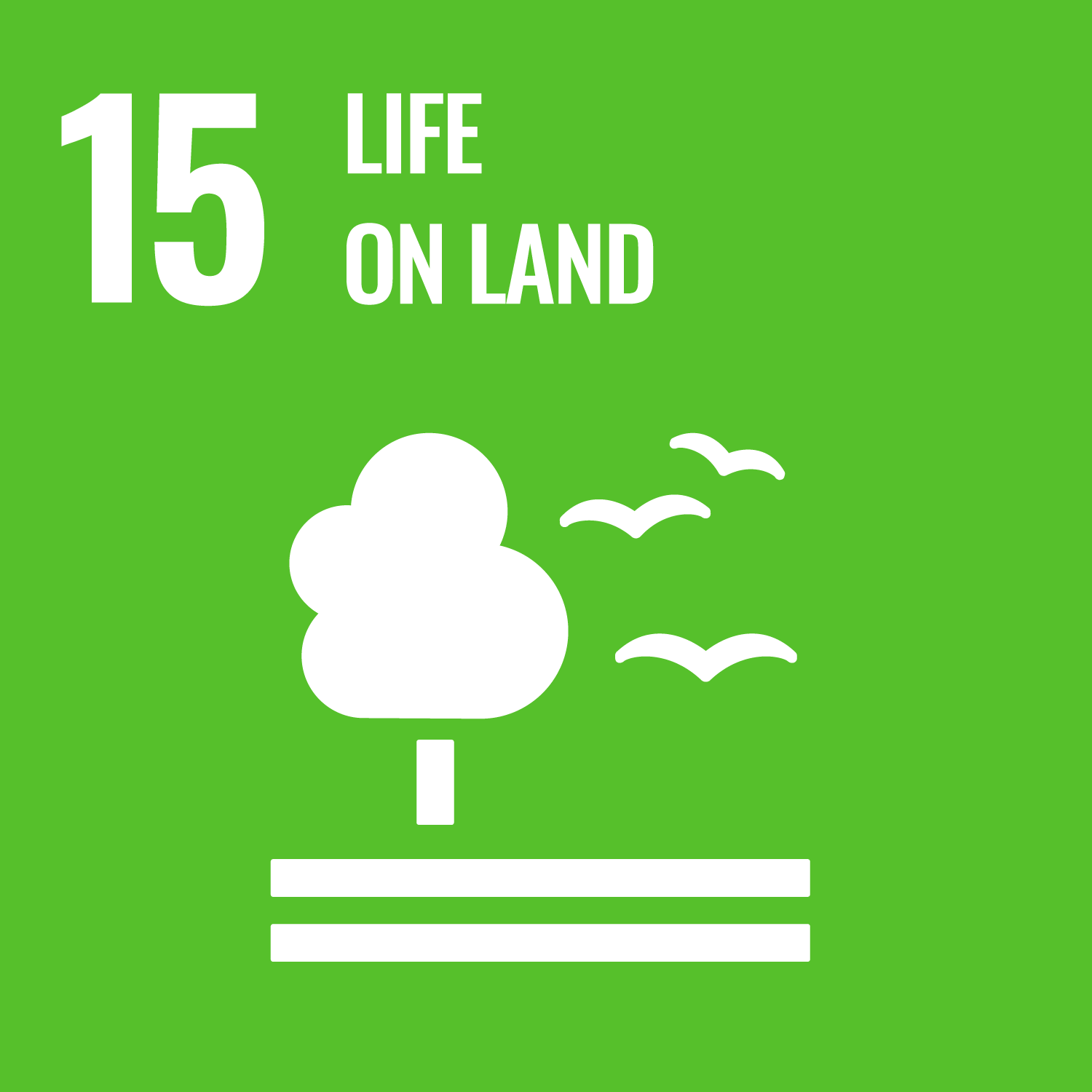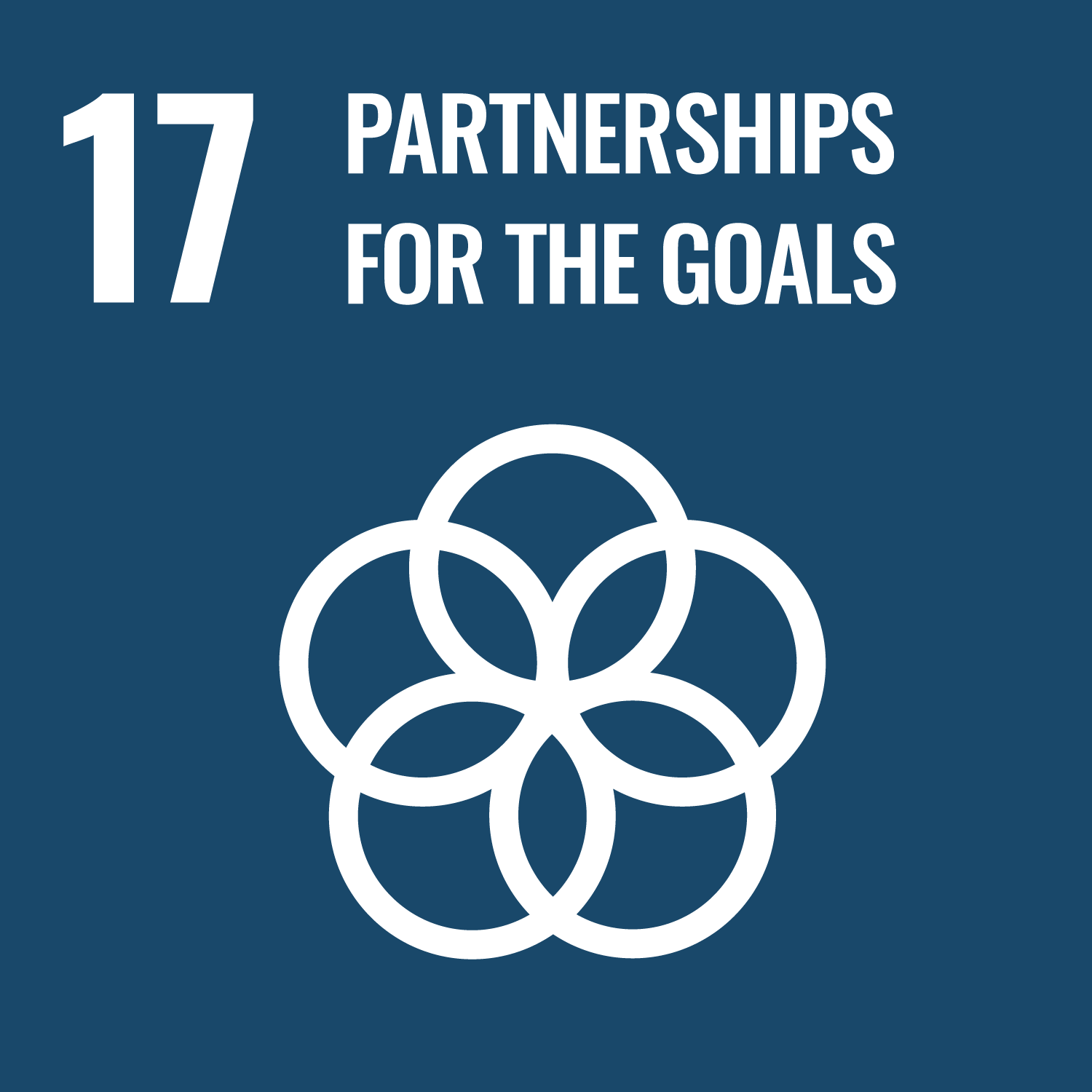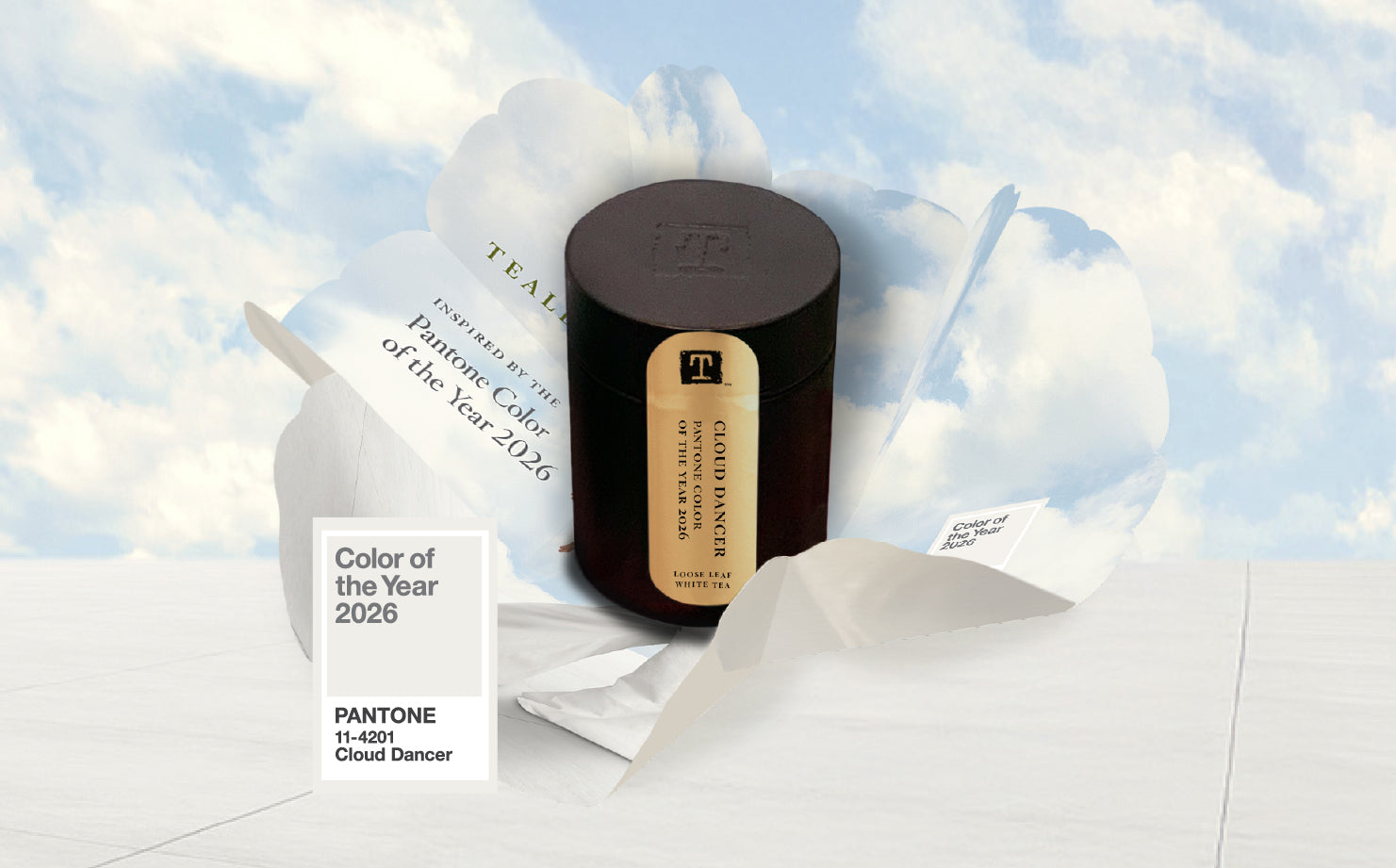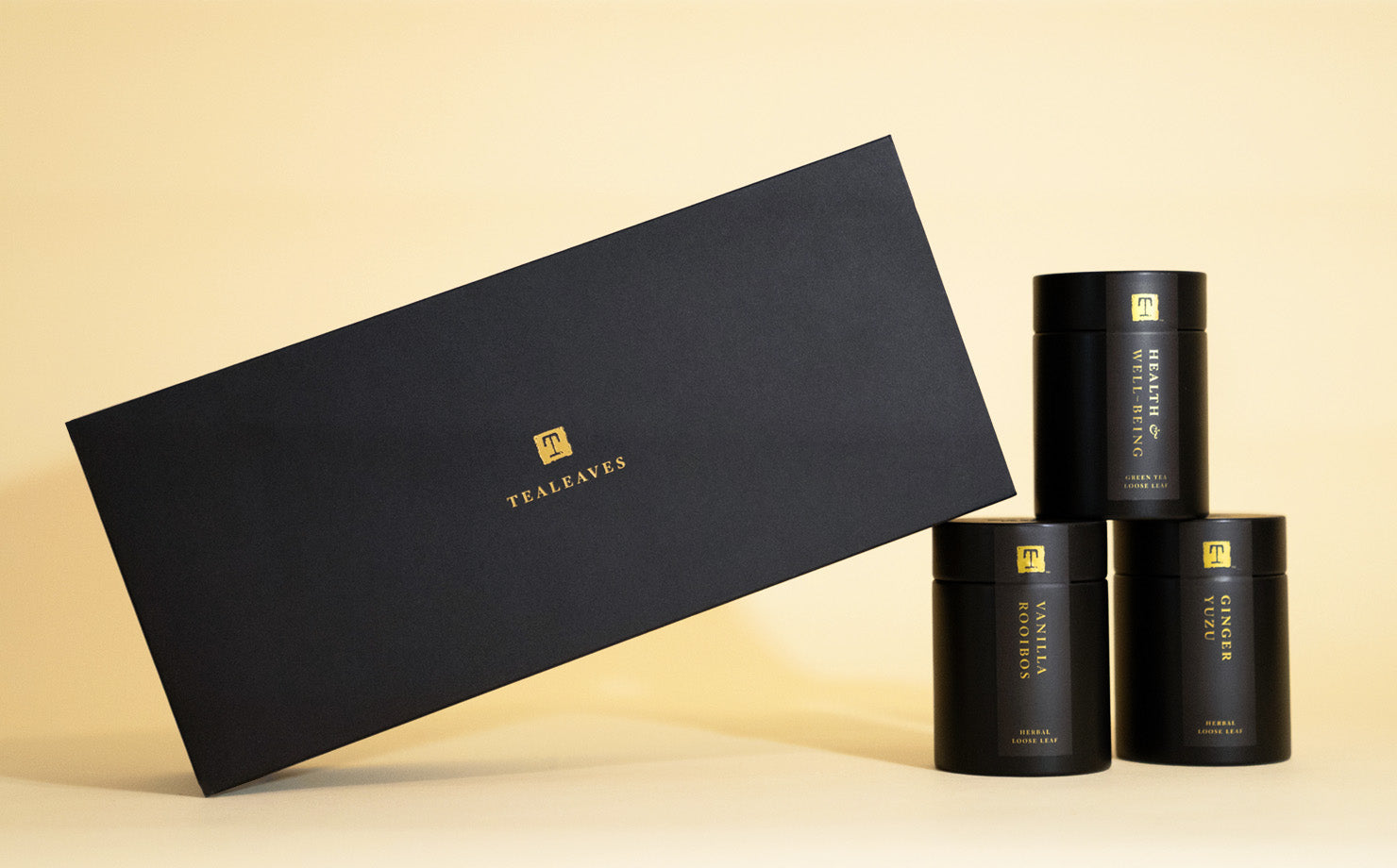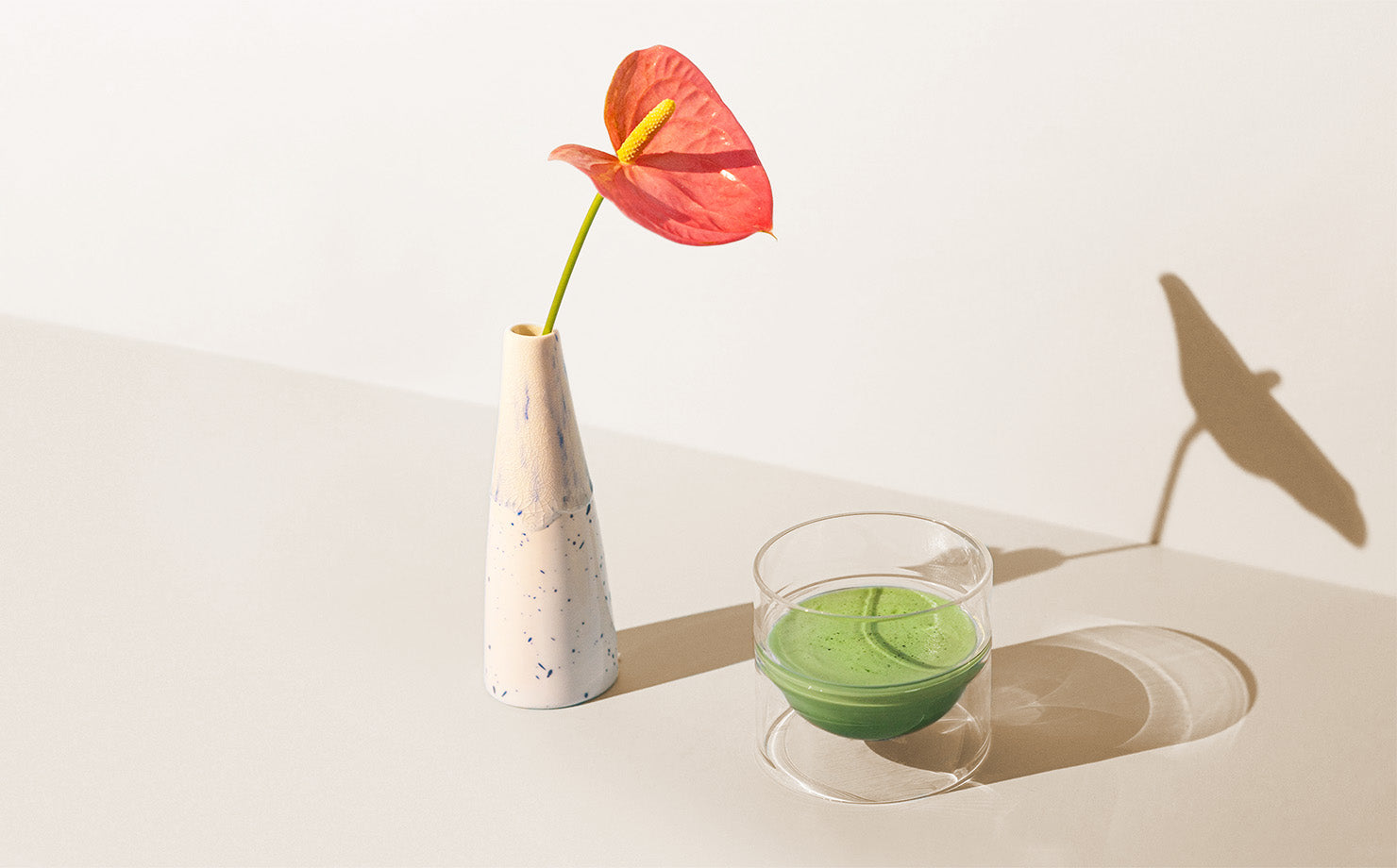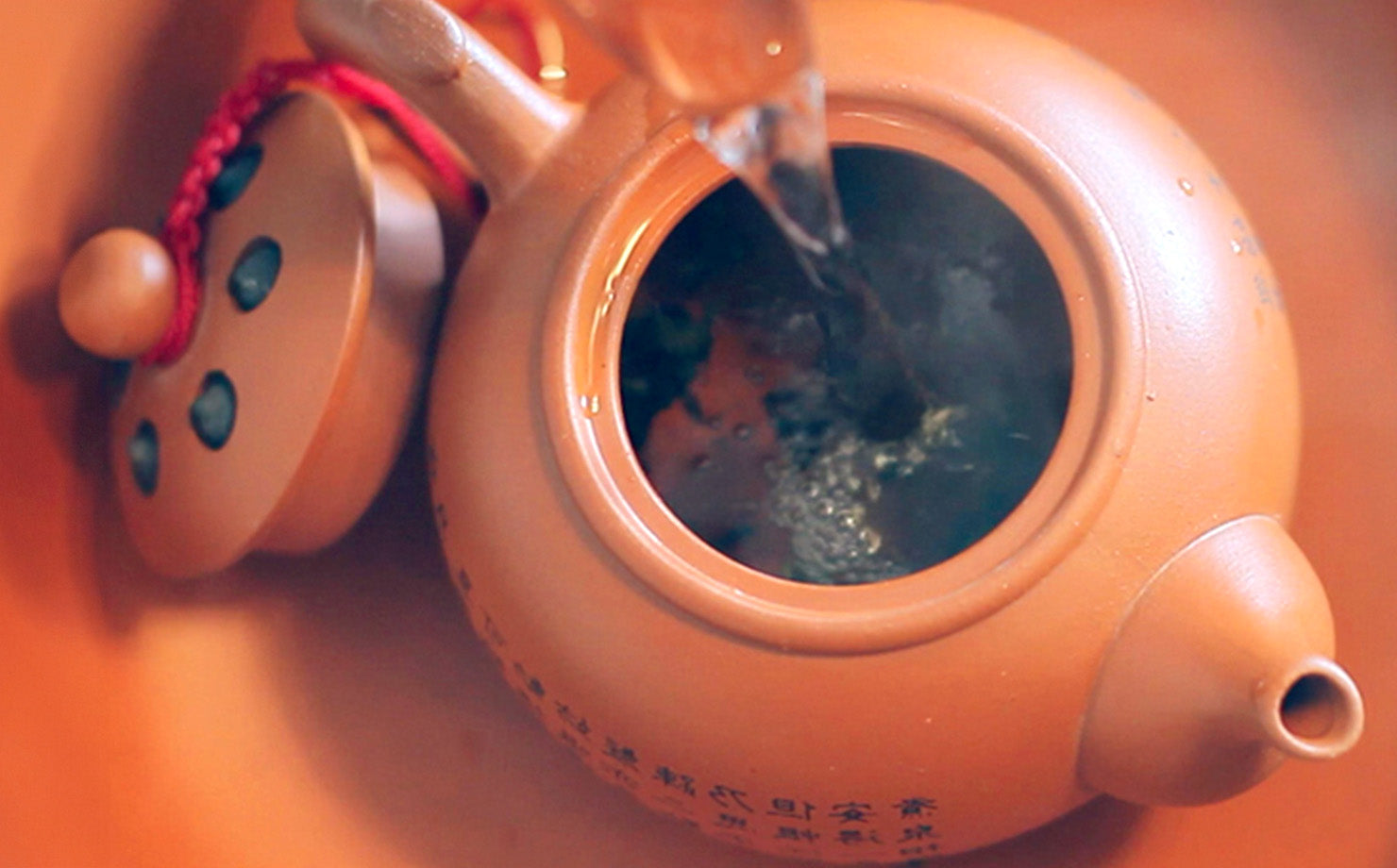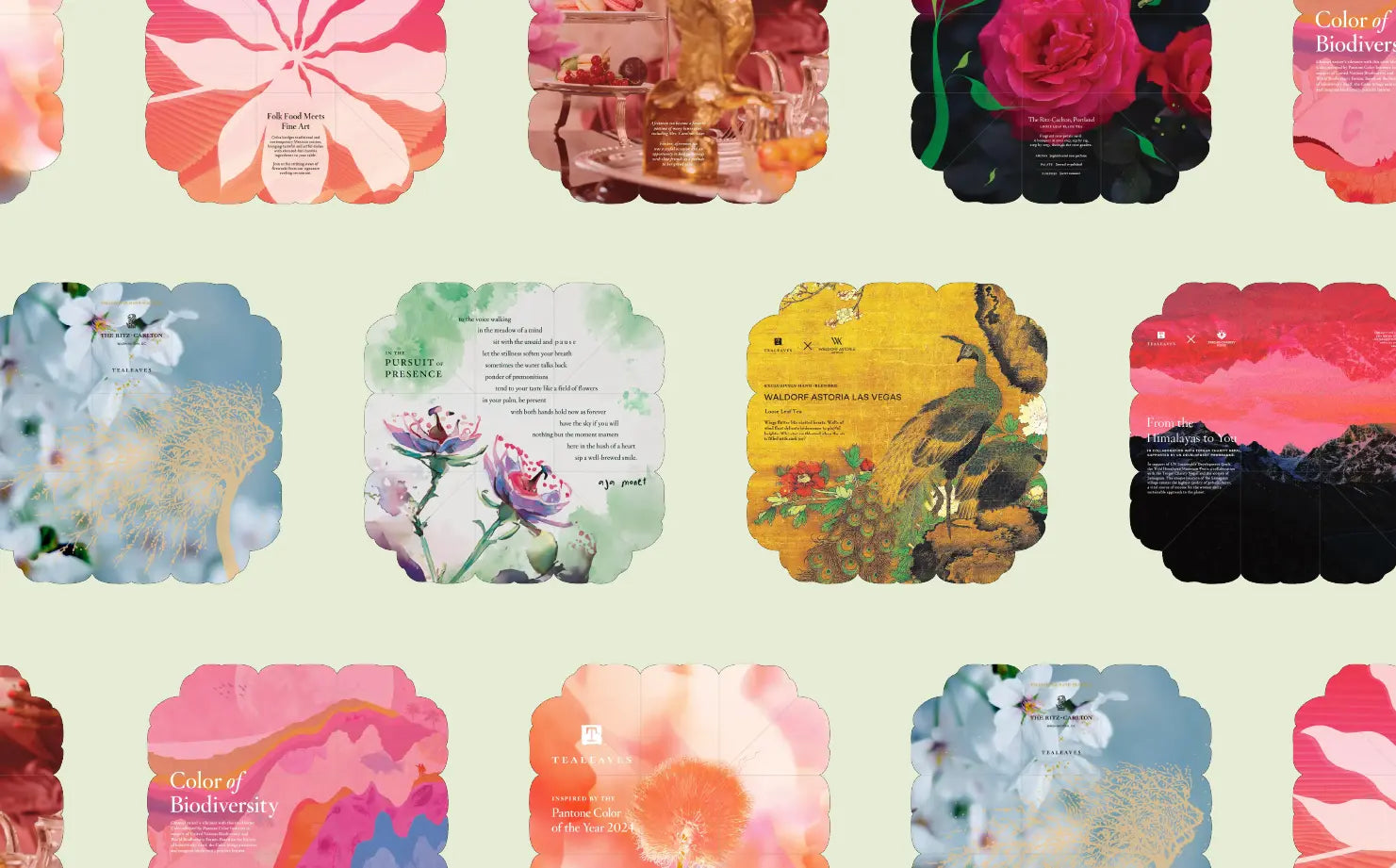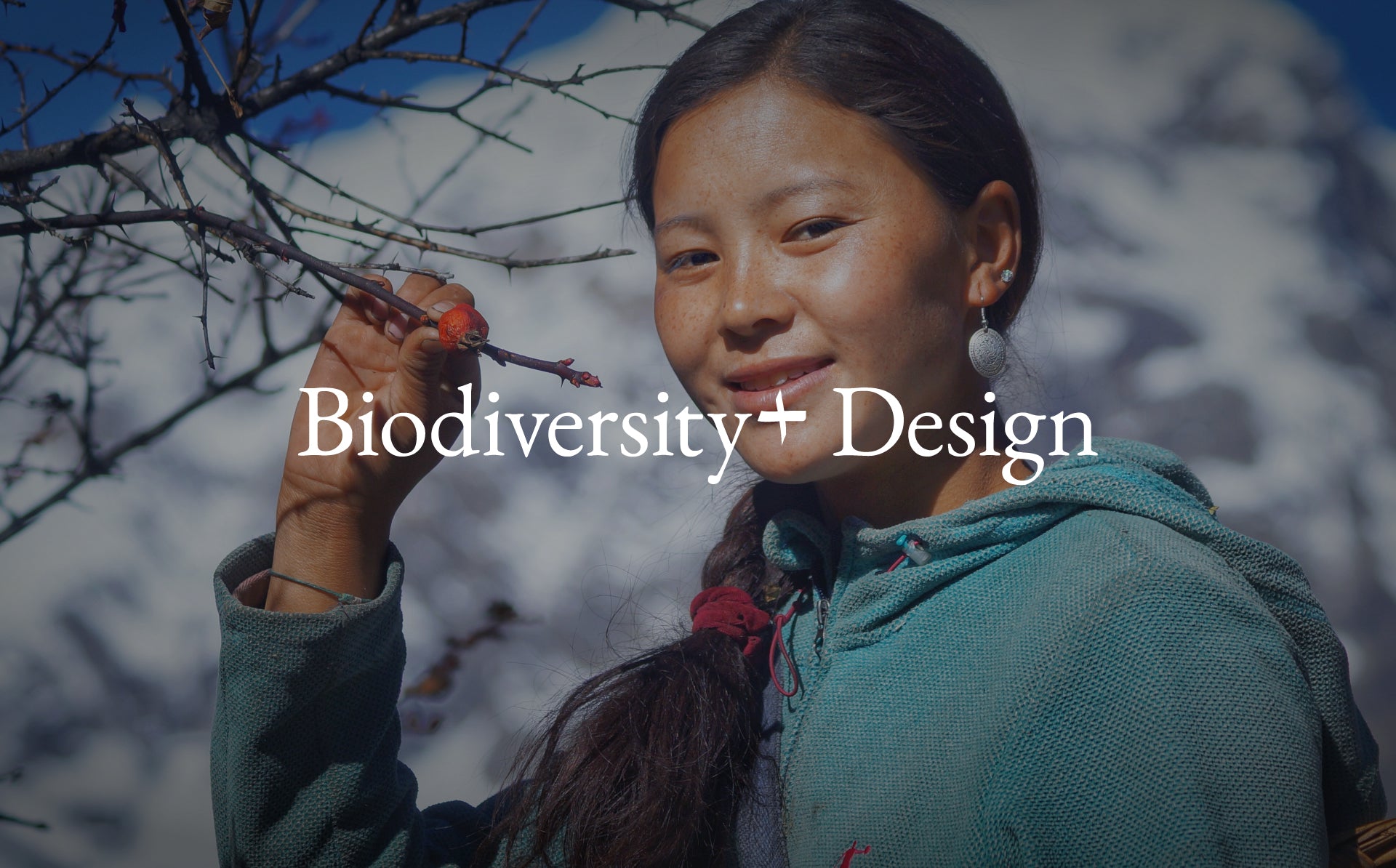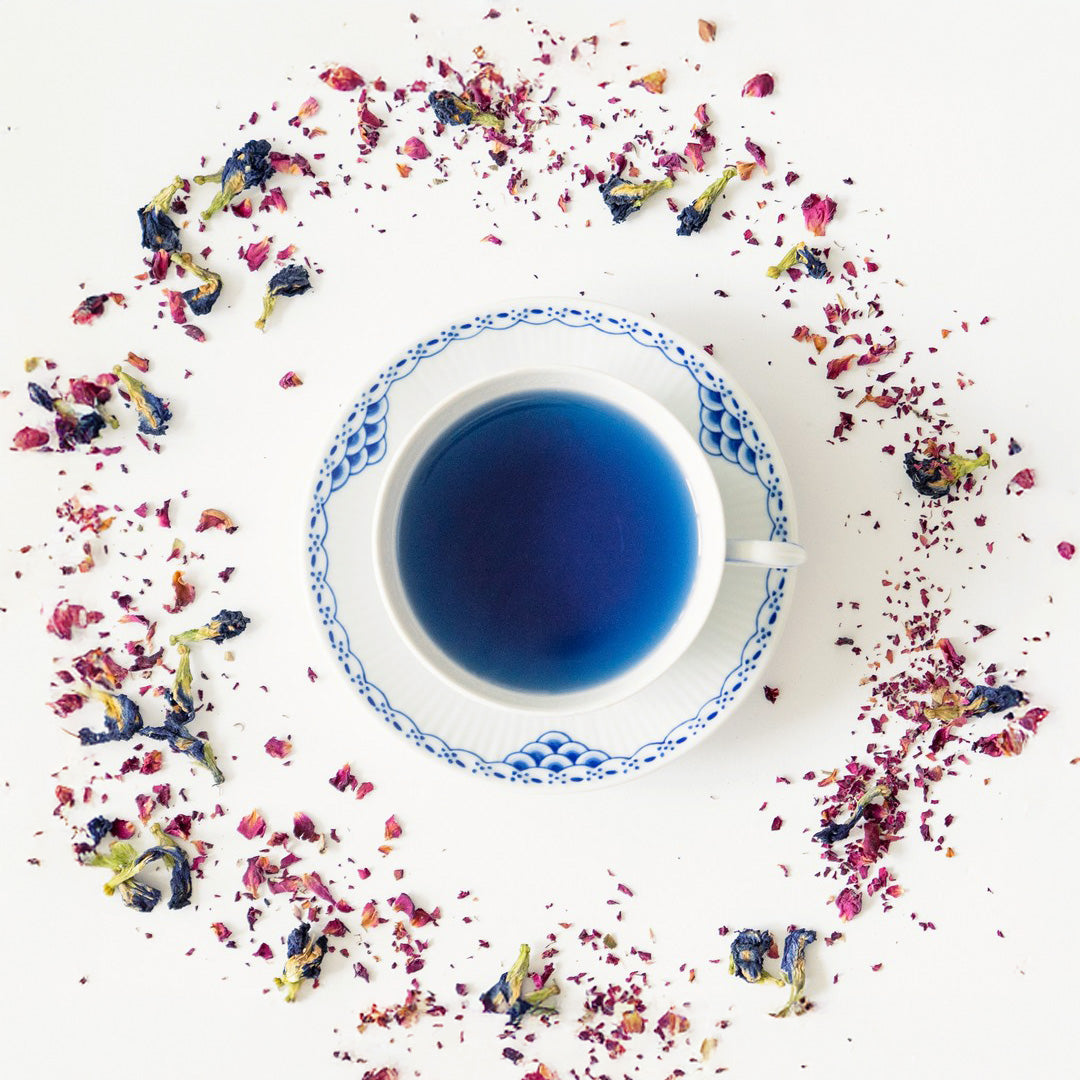
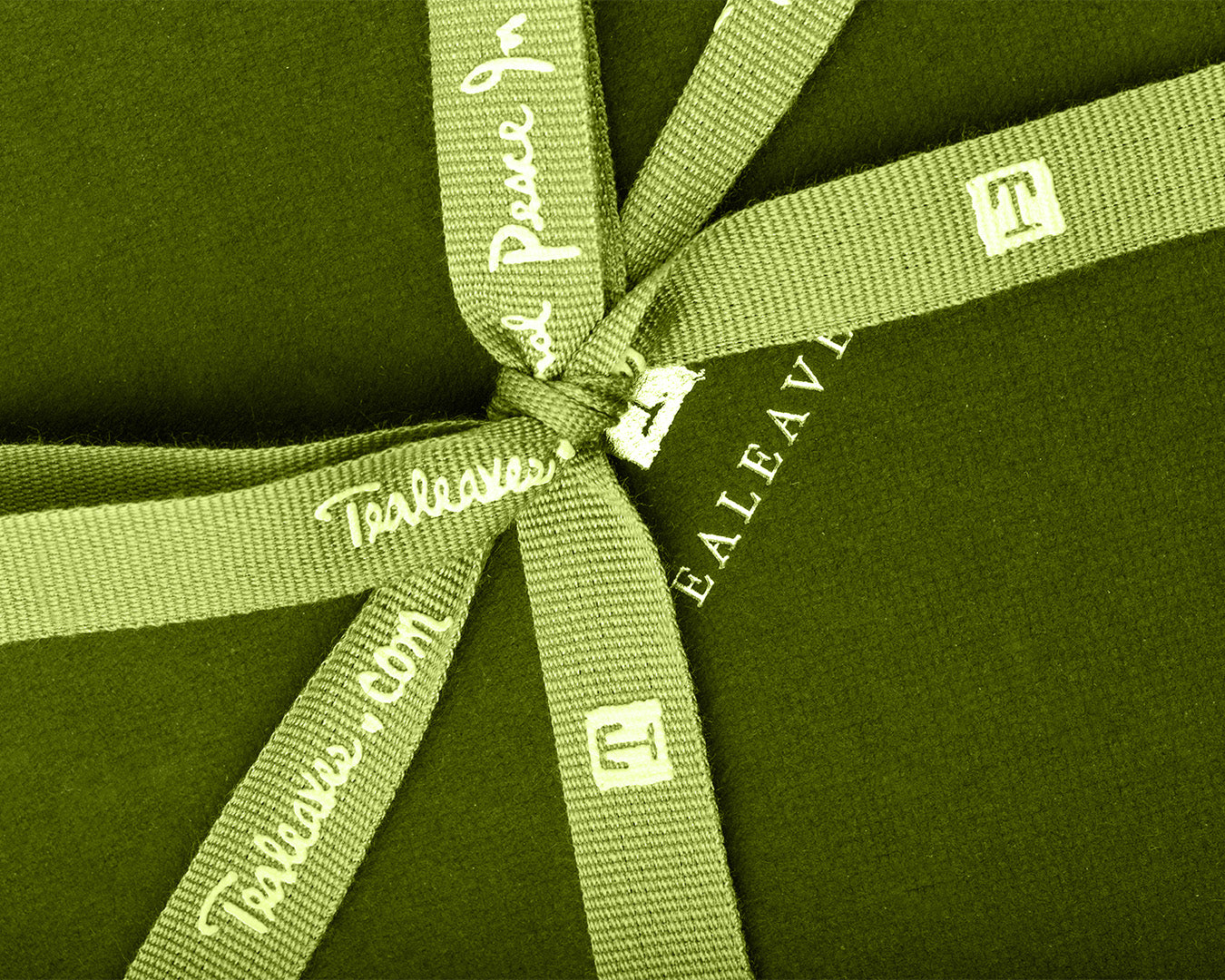
Find Peace In A Teacup
Established in 1994 in Vancouver, Canada, every cup is hand-crafted by our master blenders, embracing ancient traditions and deep-rooted cultural rituals spanning millennia.
With a commitment to sustainability, we blend for better futures by infusing tradition with innovation, fostering far-reaching biodiversity-positive impacts that extend beyond the teacup.
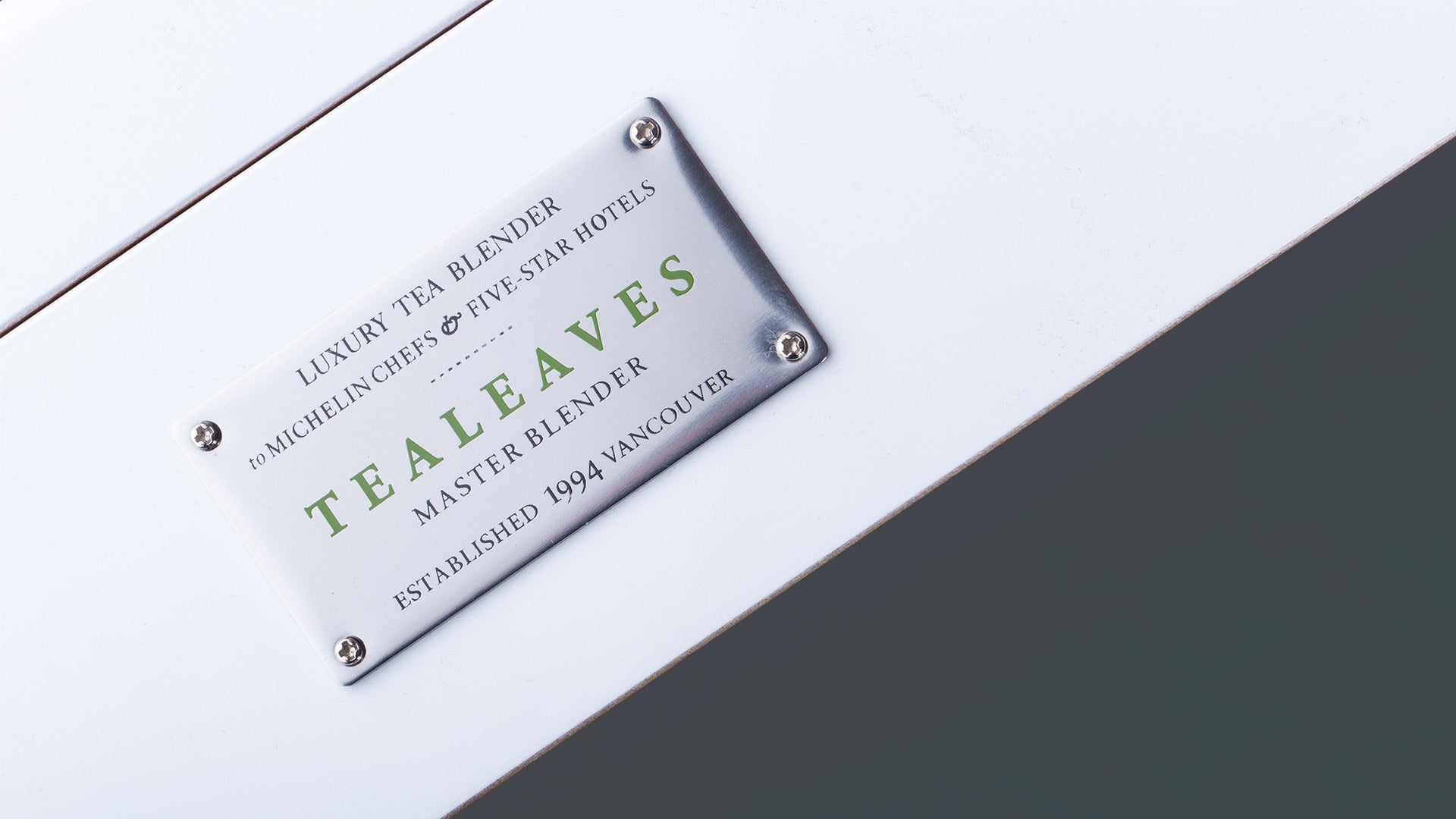
The Expert Blender of Choice
TEALEAVES is celebrated by 5-star hotels and Michelin chefs worldwide for our continued dedication to blending teas of unparalleled quality.
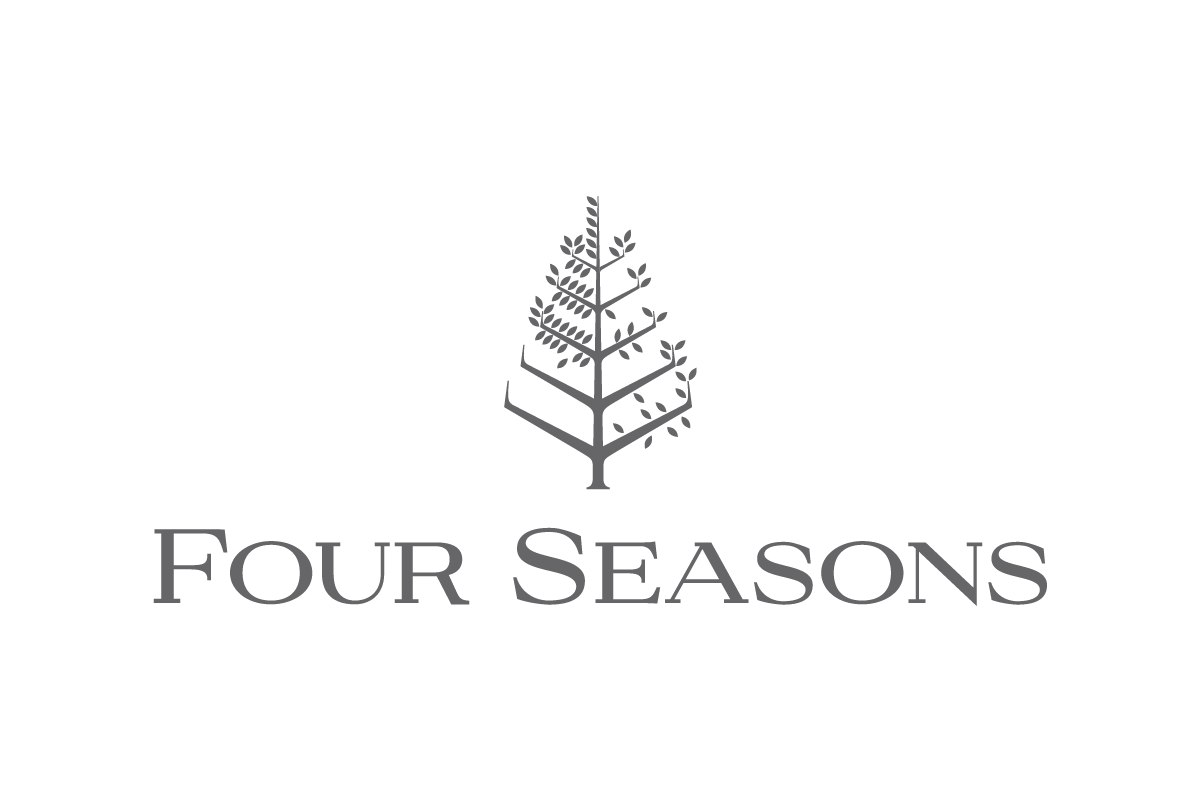









A Message from our CEO & Founder
"Our mission at TEALEAVES is to make the world a little better, smiles a little wider, and weights a little lighter."
— Lana Sutherland
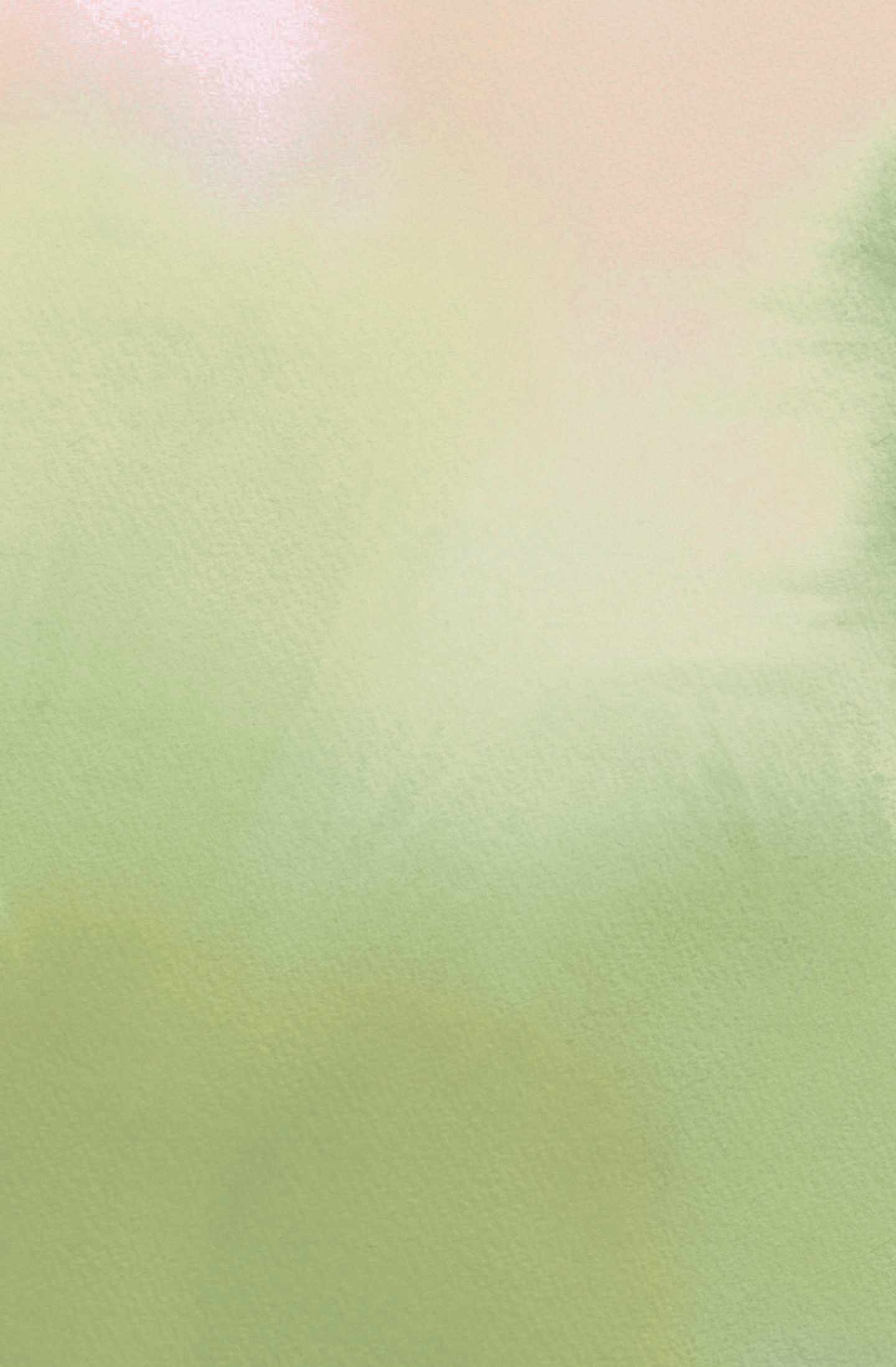
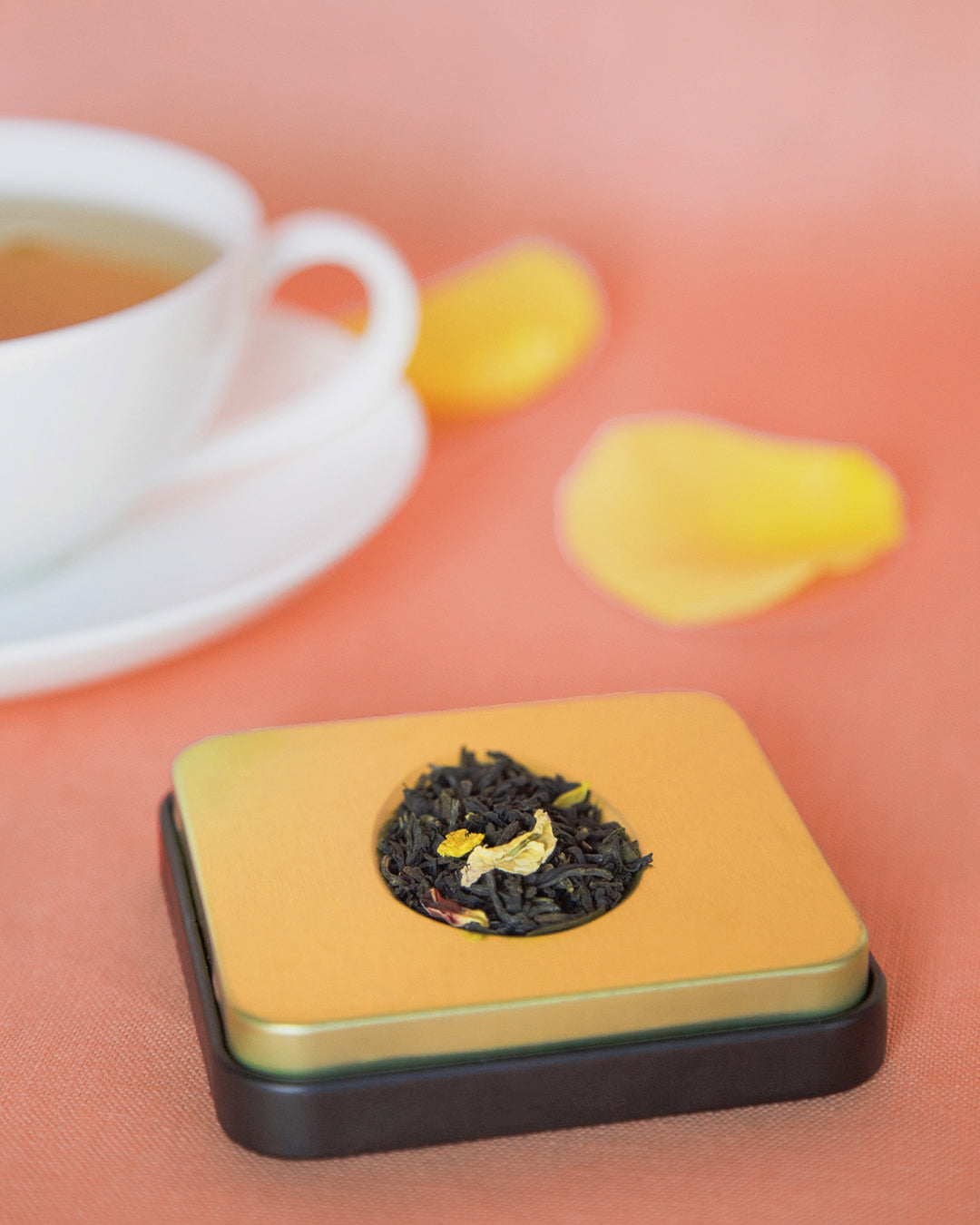
Enlighten
Crafting the Ultimate Palate
As one of the last remaining true tea purveyors, our Master Tea Blenders pioneer techniques to curate the ultimate Palate of Color, Aroma, and Taste. Beyond mere consistency, their meticulous approach aims to enlighten the senses and express the most exquisite qualities of each blend's terroir, with every harvest.
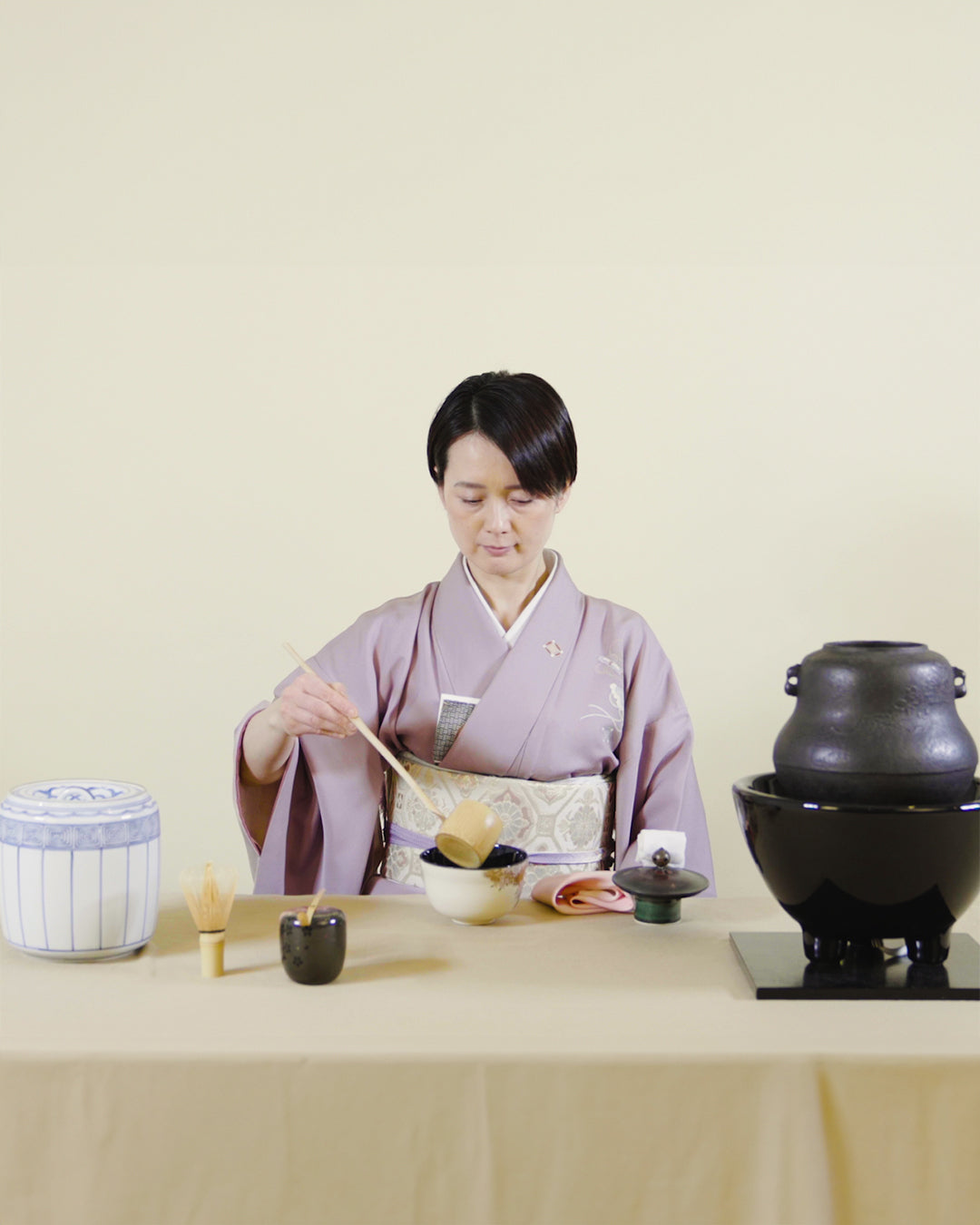
Enchant
Honoring Historic Traditions
Every cup is a celebration of connection, embodying the timeless bond between culture and tea. We infuse purpose, tradition, and ritual into every sip, honoring the rich history behind each blend to enchant the soul.
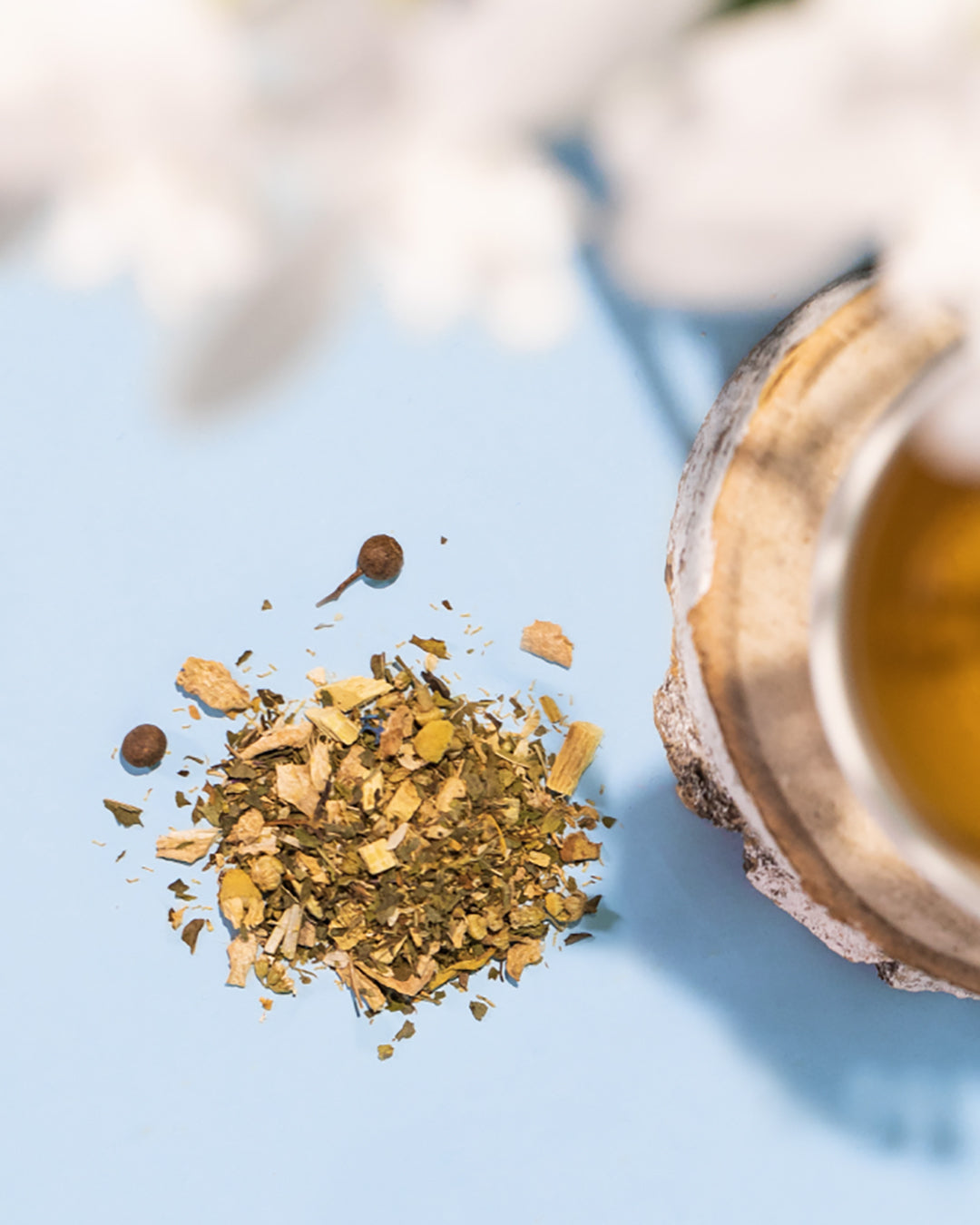
Empower
Embracing Redefined Luxury
We raise the bar for luxury through a sustainability lens, championing true craftsmanship and biodiversity-positive design throughout. By redefining luxury, we hope to empower a deep connection to nature and love for plants and botanicals across our community.
Our Sustainability Commitment
Our purpose is to empower small-scale tea farmers by championing sustainable practices that protect biodiversity. We invite tea lovers to be part of this journey, making mindful choices that contribute to a healthier planet.
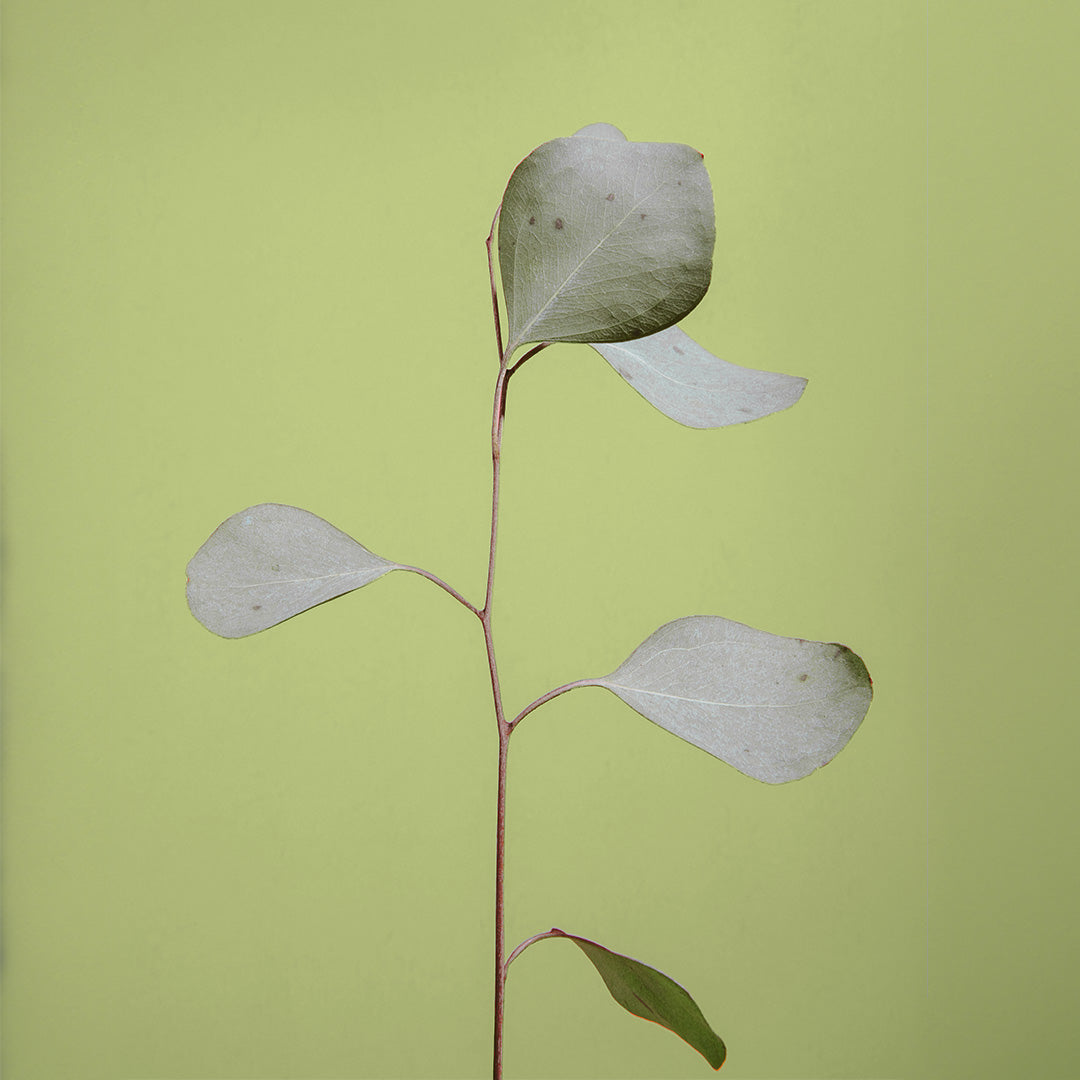
What Makes Us Different
We believe a truly luxurious product is one that ensures the planet is cared for throughout its creation and lifecycle. At TEALEAVES, we support United Nations Biodiversity efforts through our various social impact projects, promote circularity with our use of compostable or recyclable packaging, and we thoughtfully source our ingredients, ensuring that our materials and supply chain align with our three Biodiversity+ Design principles—nurturing both planetary health and human well-being.
Guided by the UN SDGs and UN Biodiversity, our social impact projects range from fostering Biodiversity+ Design, to supporting ESG-positive charities. Our ultimate goal is to uplift communities on a global scale.
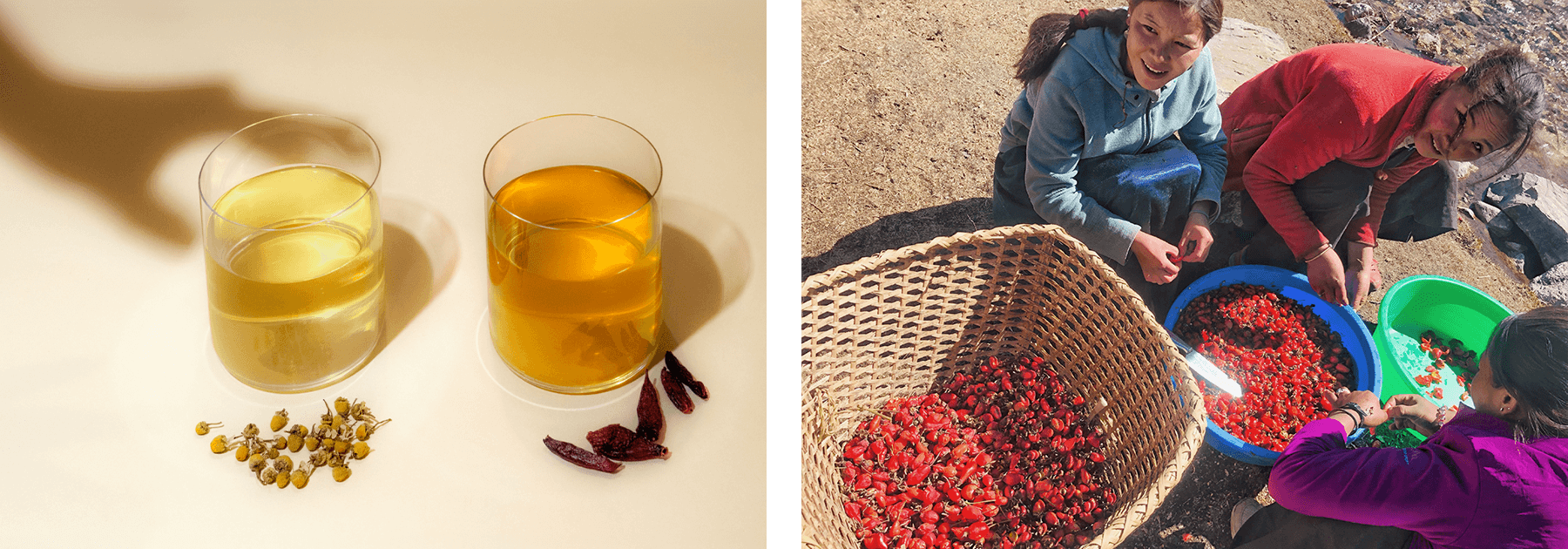
Guided by our commitment to health and responsible sourcing, we select only the finest tea leaves while supporting regenerative agriculture, women-owned micro farms, and organic practices.
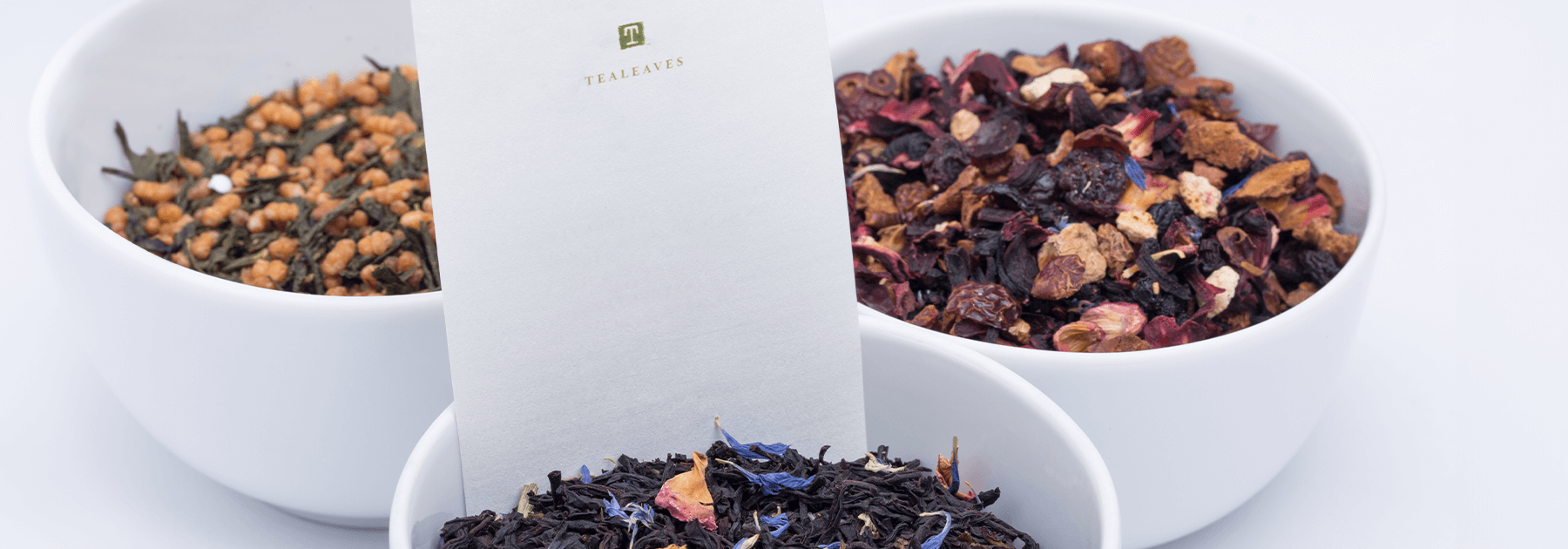
Our tea arrives in fully home compostable or recyclable packaging, and we are continually striving to further reduce our packaging’s footprint by keeping up-to-date with emerging technologies and waste management solutions.
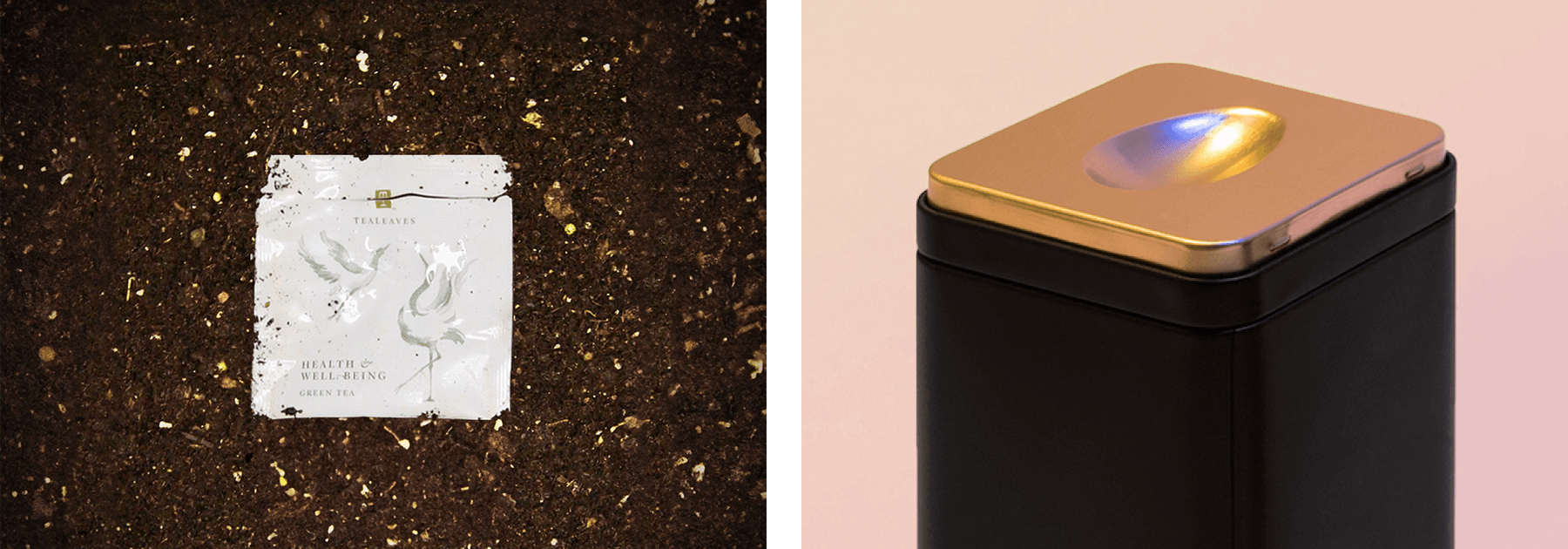
Our actions impact both the planet and the people on it. By designing with nature and for nature, we can ensure that impact is a positive one. That’s why we created the Biodiversity+ Design Toolkit.
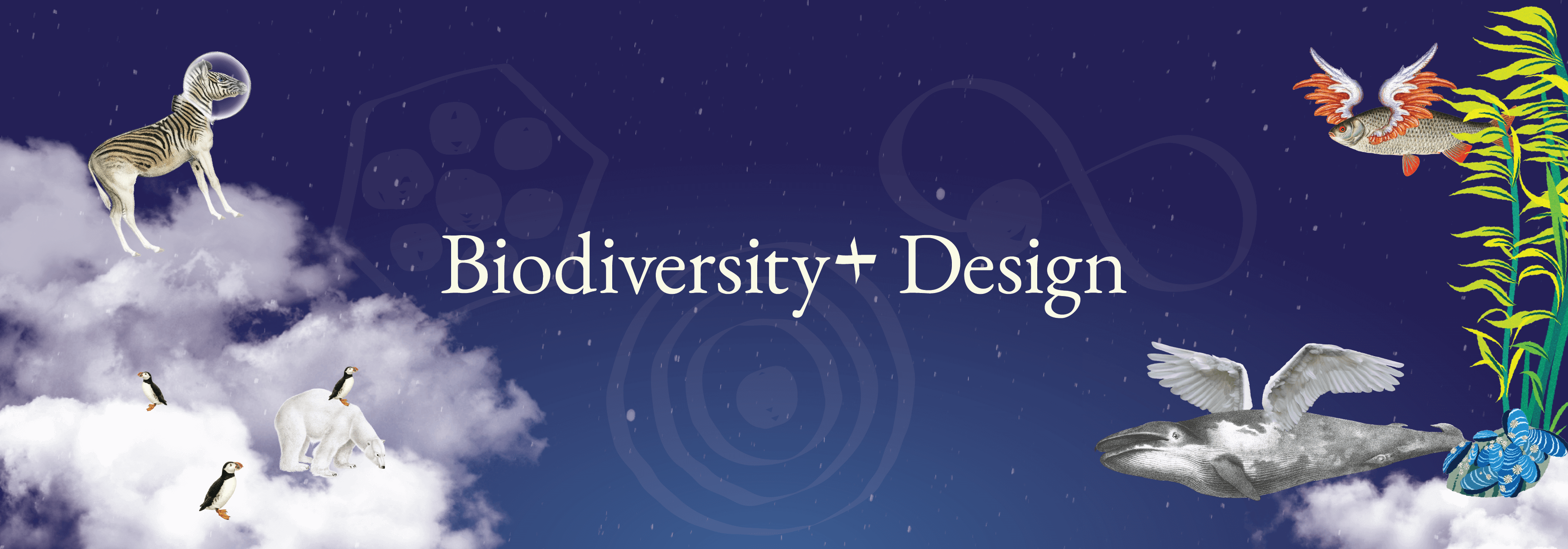
Our Pledge
We aim to strengthen our partnerships and promote our Biodiversity+ Design principles with universities, organizations, and non-profits, fostering bottom-up solutions that reflect our mission to be more than just a tea company.
